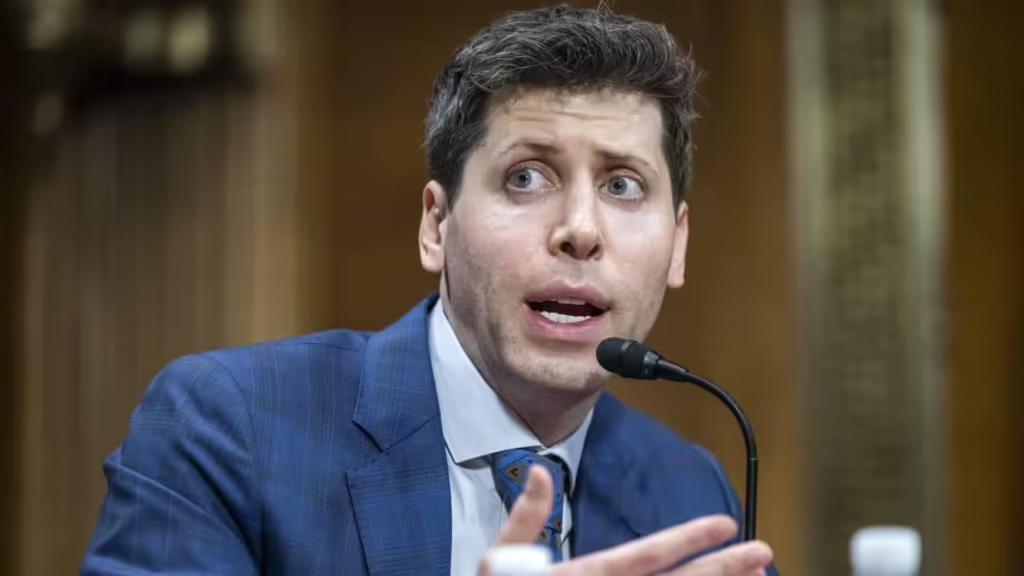plowunited.net – ChatGPT’s rapid growth has stunned the tech world and even unsettled its creators. With 700 million weekly active users expected soon—up from 500 million in March—the AI tool has become deeply woven into everyday life. But this popularity has a downside. In a recent tweet, OpenAI CEO Sam Altman expressed discomfort over users placing serious trust in ChatGPT for life decisions. He said he could “imagine a future” where people rely heavily on AI for critical choices. While that might sound promising for business, Altman admits the idea makes him “uneasy.”
Read More : XPlus XRival Mini PC Unveiled with Ryzen AI Max+ 395 APU
Part of the unease stems from how quickly people have developed emotional bonds with AI. Altman noted that the attachment users feel to specific ChatGPT models is unlike any past technology. This became especially clear when OpenAI retired GPT-4o during the GPT-5 launch. Loyal users reacted strongly, forcing Altman to reinstate the older model for paying subscribers. The backlash revealed a deep emotional investment, not just in what the tool can do, but how it makes users feel.
Nick Turley, Head of ChatGPT, emphasized the platform’s massive user growth—up fourfold since last year. But this growth raises ethical questions. A small yet growing group sees ChatGPT not as a tool, but as a companion or advisor. While AI giving advice may be convenient, it introduces serious risks. Altman acknowledged that most users understand the AI is not human. But some do not. For those edge cases, ChatGPT becomes a source of potential harm—especially if it gives misguided or false guidance under the guise of being helpful.
Balancing Innovation, Responsibility, and User Trust
Altman says OpenAI is closely monitoring these edge cases. He admits that some people are now using ChatGPT as a therapist or life coach. When the AI offers solid advice, that can be a net positive. But the real concern lies in subtle harm. An AI that makes users feel supported while feeding them poor advice can reinforce unhealthy habits. These risks often fly under the radar because the user may still report a good experience.
This raises questions about where responsibility lies. Altman insists OpenAI wants to “treat adult users like adults,” allowing freedom while guarding against harm. However, he also admits that deprecating models like GPT-4o—without warning—was a mistake. Such decisions not only disrupt workflows but also ignore the emotional attachment many users develop. This was a learning moment for OpenAI, which now seems more open to balancing user needs with progress.
Read More : Huawei Develops EV Battery With 1,800-Mile Range
In launching GPT-5, OpenAI promised a major intelligence upgrade. Yet early reactions suggest mixed results. Some testers found the new model underwhelming. Meanwhile, Meta and others push forward with AI that mimics friendship. Zuckerberg openly supports AI chatbots as social companions, further blurring human-machine lines.
Altman remains cautiously optimistic. He believes society now has better tools to monitor the impact of new technologies. But he also calls for collective responsibility. As billions of people start talking to AI daily, developers must ensure these systems help more than they harm. The future of human-AI relationships is still unfolding—and OpenAI knows it must get this right.


